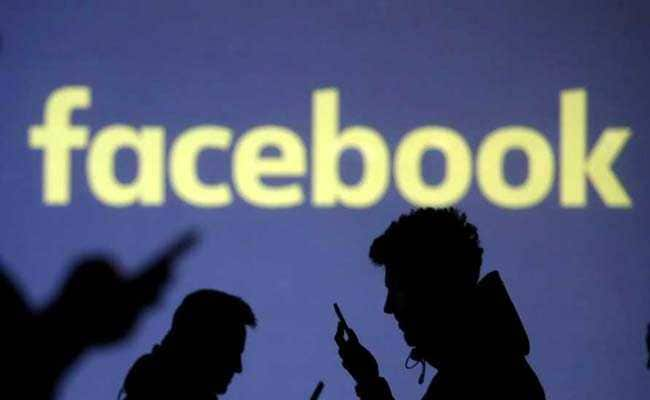
The programme will train to differentiate between credible and questionable information
New Delhi:
Facebook on Wednesday said it entered into a partnership with National Commission for Women (NCW) to launch a digital literacy programme aimed at training 60,000 women in universities across India on safe use of the Internet, social media and email in a year.
Launched in collaboration with Cyber Peace Foundation, the pilot programme will enable trainees to differentiate between credible and questionable information, Facebook said.
The training will be conducted in vernacular languages.
"With more women going online, NCW has witnessed a surge in cyber crime related complaints registered at the Commission in the past three years. This trend is worrying. We have to ensure that while online, they feel safe and secure on the Internet," Rekha Sharma, acting NCW Chairperson, said in a statement.
"We congratulate Facebook and Cyber Peace Foundation on this commendable initiative. Our girls and women will benefit from these training programmes," Ms Sharma said.
Cyber Peace Foundation is a Ranchi, Jharkhanda-based civil society organisation involved in training related to all aspects of cyber security.
The digital literacy programme will benefit women in universities across major cities in Haryana, Delhi-NCR, Manipur, Sikkim, Meghalaya, Maharashtra, and Tamil Nadu.
"Economies can only grow well with equal participation from women and in today's age, this can largely happen with the free and unhindered presence of women on the Internet," said Ankhi Das, Facebook's Public Policy Director for India, South and Central Asia.
"This naturally calls for the protection of women when they are online in a manner which reassures and enables them to freely express themselves and share their views," Ankhi Das said.
Launched in collaboration with Cyber Peace Foundation, the pilot programme will enable trainees to differentiate between credible and questionable information, Facebook said.
The training will be conducted in vernacular languages.
"With more women going online, NCW has witnessed a surge in cyber crime related complaints registered at the Commission in the past three years. This trend is worrying. We have to ensure that while online, they feel safe and secure on the Internet," Rekha Sharma, acting NCW Chairperson, said in a statement.
"We congratulate Facebook and Cyber Peace Foundation on this commendable initiative. Our girls and women will benefit from these training programmes," Ms Sharma said.
Cyber Peace Foundation is a Ranchi, Jharkhanda-based civil society organisation involved in training related to all aspects of cyber security.
The digital literacy programme will benefit women in universities across major cities in Haryana, Delhi-NCR, Manipur, Sikkim, Meghalaya, Maharashtra, and Tamil Nadu.
"Economies can only grow well with equal participation from women and in today's age, this can largely happen with the free and unhindered presence of women on the Internet," said Ankhi Das, Facebook's Public Policy Director for India, South and Central Asia.
"This naturally calls for the protection of women when they are online in a manner which reassures and enables them to freely express themselves and share their views," Ankhi Das said.
Track Latest News Live on NDTV.com and get news updates from India and around the world

